
Today, we’re diving into a topic as hot as a jalapeño—eating spicy food while pregnant. If you’re anything like me, you’ve probably heard a million different opinions: your grandma warning you to steer clear of anything spicier than marinara sauce to your best friend swearing that spicy foods helped her with morning sickness. It’s enough to make your head spin, right? Well, fear not because we’re about to sift through the myths, the old wives’ tales, and the scientific facts to give you the lowdown on this spicy subject. Ready to dig in?
The Science Behind Spicy Food: What’s the Heat All About?
Let’s start by breaking down the science of what makes food spicy. The main culprit is capsaicin, a component found in chili peppers. Capsaicin binds to a specific set of receptors in your mouth—known as TRPV1 receptors—that are responsible for sensing temperature and physical abrasion. When capsaicin latches onto these receptors, it sends signals to your brain that mimic the sensation of heat or even minor burns, hence the spicy kick you feel.
But what happens when you’re pregnant? Does capsaicin have the same effects, or are there changes due to the hormonal shifts and physiological changes that come with pregnancy? It can worsen morning sickness? Pregnancy can heighten your senses, making you more sensitive to tastes and smells. So, if you’ve always been a fan of spicy foods, you might find that you’re even more enamored with some familiar flavors during pregnancy. Conversely, pregnancy could also amplify if you’ve always found spicy foods too intense.
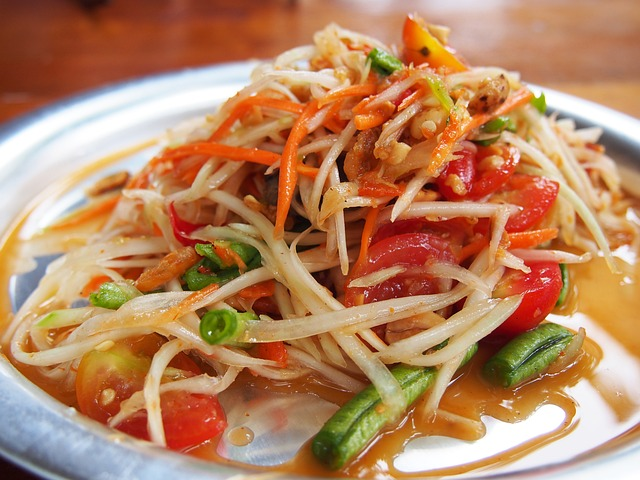
Another aspect to consider is how your body metabolizes capsaicin. This component is fat-soluble, meaning it gets absorbed and stored in fatty tissues. During pregnancy, your body naturally keeps more fat to support your baby’s growth, which could mean capsaicin stays in your system longer. However, the research on this still needs to be more conclusive.
Lastly, let’s talk about cravings. Pregnancy is notorious for causing intense food cravings; for some women, spicy food tops the list. While the exact reason for this isn’t entirely understood, some theories suggest that your body craves what it needs. Spicy foods often contain vitamins like A and C and minerals like potassium, so your body might guide you toward what it requires for a healthy pregnancy.
Common Myths About Eating Spicy Food While Pregnant: Time for Some Myth-Busting!
The myths surrounding spicy food and pregnancy are as abundant as pickles at a baby shower! One of the most popular myths is that eating spicy foods induce labor. While it’s fun to think that a spicy taco could kickstart your journey to motherhood, there’s no scientific evidence to support this claim. Most medical experts agree that labor starts when your body and baby are ready, not when you eat a jalapeño.
Another myth that often circulates is that eating spicy food can cause miscarriages. This is a susceptible topic, and it’s essential to note that there’s no conclusive evidence to support this claim either. Chromosomal abnormalities or other medical conditions generally cause miscarriages. While it’s always good to be cautious with your diet during pregnancy, avoiding spicy food solely for this reason isn’t necessary. However, every pregnancy is unique, so consult your healthcare provider for personalized advice when in doubt.
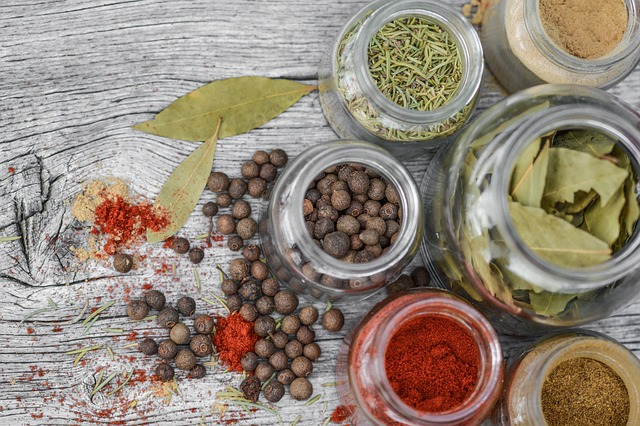
Health Benefits of Spicy Food: Not Just About the Kick!
If you’re a fan of all things spicy, I’ve got some good news for you! Spicy foods aren’t just delicious; they have some health benefits that could be especially useful during pregnancy. For instance, the capsaicin in spicy foods can boost your metabolism. A faster metabolism can help you manage your weight gain during pregnancy, which is a concern for many moms-to-be.
But that’s not all! Some spicy foods, like those containing ginger or turmeric, have anti-inflammatory properties and can help with nausea. If morning sickness has you down, consider incorporating some spicy foods into your diet as a natural remedy. Ginger teas or spicy soups can be comforting and may help alleviate nausea. Just remember, moderation is key. Pregnancy can make your digestive system more sensitive, so it’s best not to go overboard.
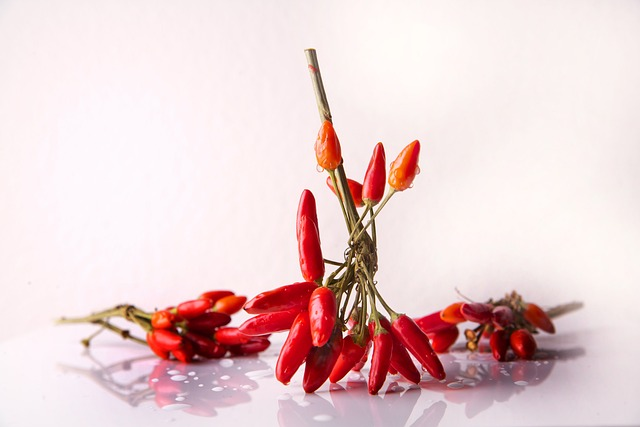
Potential Side Effects Of Eating Spicy Food While Pregnant: The Not-So-Tasty Details
While the benefits are tempting, there are some potential downsides to consider when eating spicy food while pregnant. The most common complaint is heartburn. Pregnancy hormones can relax the valve between your stomach and esophagus, making you more susceptible to heartburn and acid reflux. Add some spicy food to the mix, and you might find yourself reaching for antacids more often than you’d like.
Another issue could be gastrointestinal discomfort. Spicy foods can irritate your stomach and intestines, leading to diarrhea or loose stools. This is not only uncomfortable but can also lead to dehydration, which is something you want to avoid during pregnancy. So, if you’re experiencing any digestive issues, lay off the spicy stuff for a while.
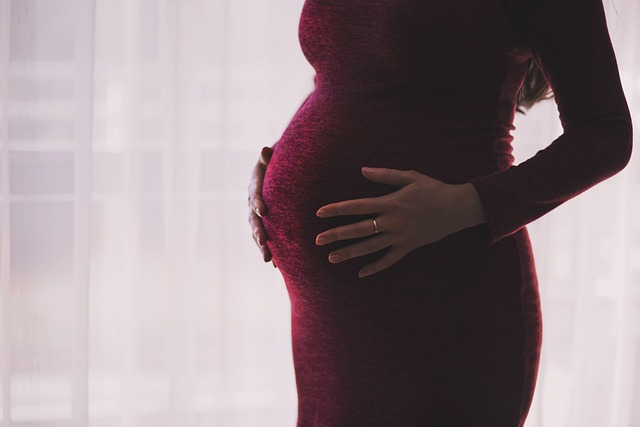
Consulting Healthcare Providers: Your Go-To for All Things Pregnancy
Before you run to satisfy that craving for spicy curry or those chili-flavored chips, it’s crucial to consult your healthcare provider. They can offer personalized advice based on your medical history and current pregnancy status. Some moms may be more sensitive to certain foods, and what works for one person may not be suitable for another.
Additionally, your healthcare provider can help you navigate any food allergies or intolerances that can flare up during pregnancy due to hormonal changes. They can also guide you on incorporating spicy foods into a balanced diet that meets all your nutritional needs. After all, pregnancy is a time for nourishing both you and your growing baby, and it’s essential to get it right.
@prenatalnutritionist Answer to @_cherryred have you heard this?! 🌶 #pregnancynutrition #pregnancyfoods #pregolifeprobs #pregnancymyths ♬ Monkeys Spinning Monkeys - Kevin MacLeod & Kevin The Monkey
Recipe Corner: Spice It Up Safely!
For those of you who can’t resist the allure of spicy food, I’ve got your cravings covered with two pregnancy-safe recipes that are both delicious and nutritious.
1. Spicy Avocado Toast
Ingredients: You will need whole-grain bread, ripe avocado, cherry tomatoes, red chili flakes, lemon juice, and salt.
Instructions: Toast the bread to your liking. Mash the avocado and spread it on the toast. Top with sliced cherry tomatoes, a sprinkle of red chili flakes, a dash of lemon juice, and a pinch of salt.
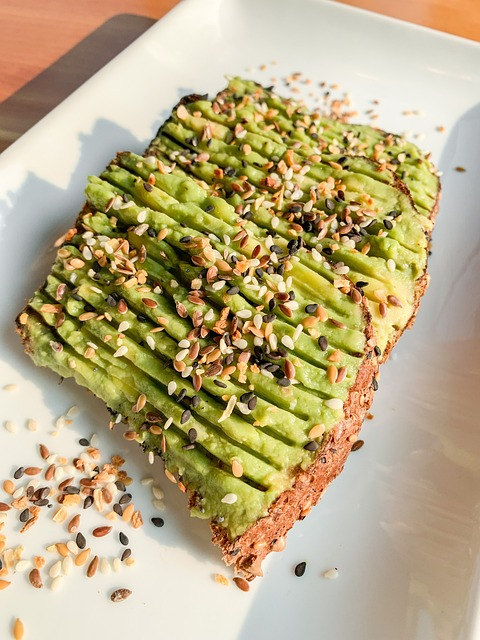
2. Mild Spicy Chickpea Curry
Ingredients: You can make this curry using chickpeas, coconut milk, turmeric, cumin, mild chili powder, garlic, onion, and salt.
Instructions: At first, sauté garlic and onion until translucent. Add spices and cook for a minute. Add chickpeas and coconut milk. Simmer until flavors meld together—season with salt to taste.
These recipes are not only tasty but also packed with nutrients that are beneficial during pregnancy. The chickpeas in the curry are a great source of protein and fiber, while the avocado in the toast provides healthy fats and folic acid.
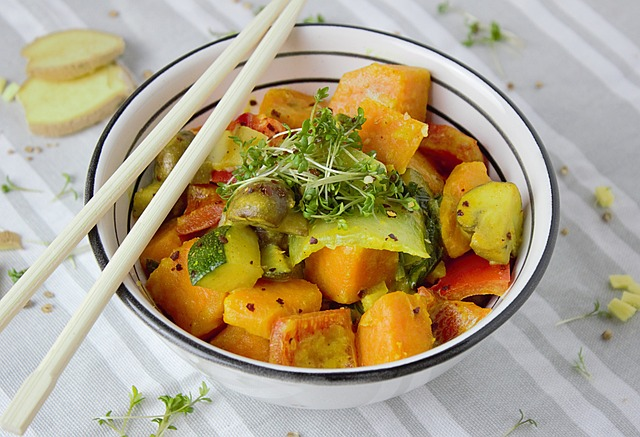
Conclusion: The Final Sizzle
So, is eating spicy foods during pregnancy a yay or a nay? The answer is—it depends. Pregnancy is a unique experience for every woman, and what might be a delight for one could be a discomfort for another. The key takeaway here is to listen to your body. If you find that spicy foods are causing you heartburn or digestive issues, it might be best to dial down the heat for a while.
But remember, consulting your healthcare provider is always a smart move. They can give you personalized advice based on your specific needs and conditions. And if you get the green light to enjoy spicy foods, find a balance that works for you.
Whether indulging in a spicy treat occasionally or incorporating mild spices into your daily meals, the choice is yours. Just remember, moderation is your best friend during this wonderful time!


Comments (1)
Dark Hawk Pro Dronesays:
January 5, 2024 at 7:40 pmIts good as your other blog posts :D, regards
for posting.